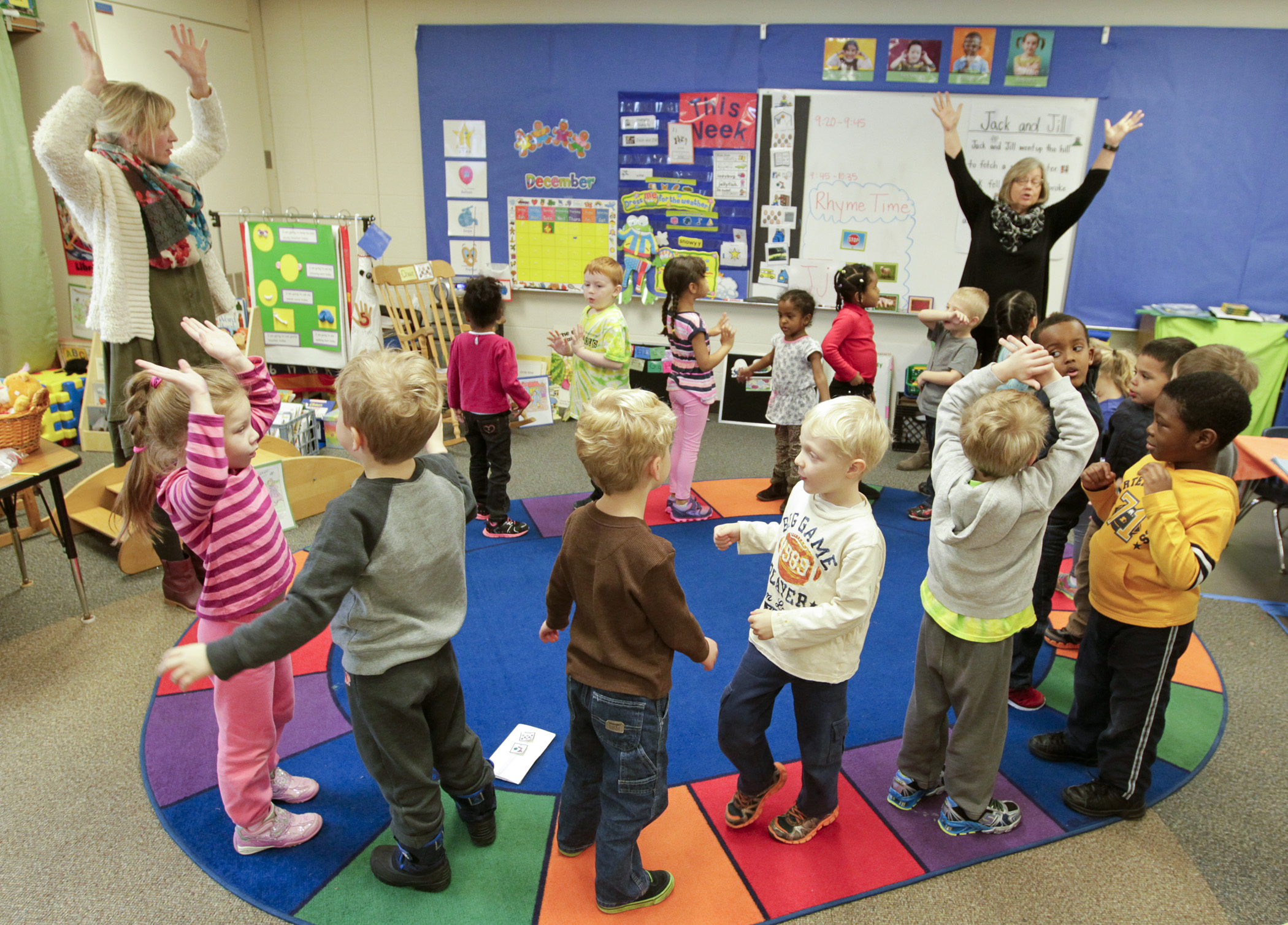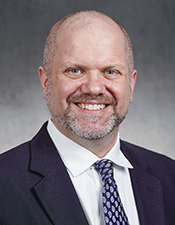Panel advances proposal allowing child care providers to set own vaccination policies

State law requires anyone older than 2 months to be immunized to enroll in an elementary or secondary school, or a child care facility, unless they have an exemption for medical reasons, demonstrated immunity or personal beliefs.
The House Children and Families Finance and Policy Committee approved a bill Tuesday that would allow licensed child care providers to set their own immunization policies regarding that personal belief exemption.
Sponsored by Rep. Mike Freiberg (DFL-Golden Valley), HF367, as amended, was approved on a split-voice vote and referred to the House Floor.
“This bill would simply allow each child care provider to make their own decision about accepting exemptions to vaccines only in the case of parental preference,” Freiberg said. “Child care providers are private businesses and should be allowed to choose the clients they serve, within the bounds of anti-discrimination laws of course, and vaccine status is not a protected class.”
Freiberg said child care facilities differ from public schools in that they have a higher concentration of very young children, who are together for longer periods and are more susceptible to death and other serious health outcomes from certain vaccine-preventable diseases such as measles and whooping cough.
In expressing the bill’s relevance, he cited a warning sent in February by the Department of Health to child care providers statewide regarding two measles cases among unvaccinated children in Dakota County.
Dr. Sheldon Berkowitz, a retired pediatrician and immediate past president of the Minnesota Chapter of the American Academy of Pediatrics, believes the bill would make communities, schools and kids safer by leading to increased vaccination rates. He said vaccines for polio, bacterial meningitis and measles have made those diseases almost unheard of in the United States.
But Berkowitz said vaccination rates among children are falling below the 95% threshold scientists believe is needed to prevent unvaccinated people from spreading a disease. He said data from the Health Department showed that in the 2022-23 school year the rate of Minnesota children who were fully vaccinated entering public school kindergarten was under 90%
Several testifiers expressed strong opposition to the bill.
Jerri Johnson, a former public health nurse and cofounder of National Health Freedom Action, said it would make child care more difficult to find for parents who choose to delay or not use certain vaccines for their children because of questions or concerns they have.
“Imagine that your child has already experienced a vaccine injury,” Johnson said. “Maybe she was healthy and sitting up on time, and then right after her six-month vaccines she lost the ability to sit up. As a parent you would be in a desperate dilemma.”
Rep. Walter Hudson (R-Albertville) said the bill is an attempt to force parents to vaccinate their children.
“What we’re saying with this bill is that it’s really super-duper important for people to have access to child care and we’re going to deny them that really super-duper important service as a means of coercing them into putting a substance into their child’s body against their medical judgement,” he said.
Rep. Nathan Coulter (DFL-Bloomington) respects how each family has its own individual journey but said parents who choose not to vaccinate their kids are making a choice for other children too.
“I want to be able to make the choice for my kids knowing that they are safe from preventable diseases when I send them to a place. That’s what this bill allows.”
Related Articles
Search Session Daily
Advanced Search OptionsPriority Dailies
Speaker Emerita Melissa Hortman, husband killed in attack
By HPIS Staff House Speaker Emerita Melissa Hortman (DFL-Brooklyn Park) and her husband, Mark, were fatally shot in their home early Saturday morning.
Gov. Tim Walz announced the news dur...
House Speaker Emerita Melissa Hortman (DFL-Brooklyn Park) and her husband, Mark, were fatally shot in their home early Saturday morning.
Gov. Tim Walz announced the news dur...
Lawmakers deliver budget bills to governor's desk in one-day special session
By Mike Cook About that talk of needing all 21 hours left in a legislative day to complete a special session?
House members were more than up to the challenge Monday. Beginning at 10 a.m...
About that talk of needing all 21 hours left in a legislative day to complete a special session?
House members were more than up to the challenge Monday. Beginning at 10 a.m...
